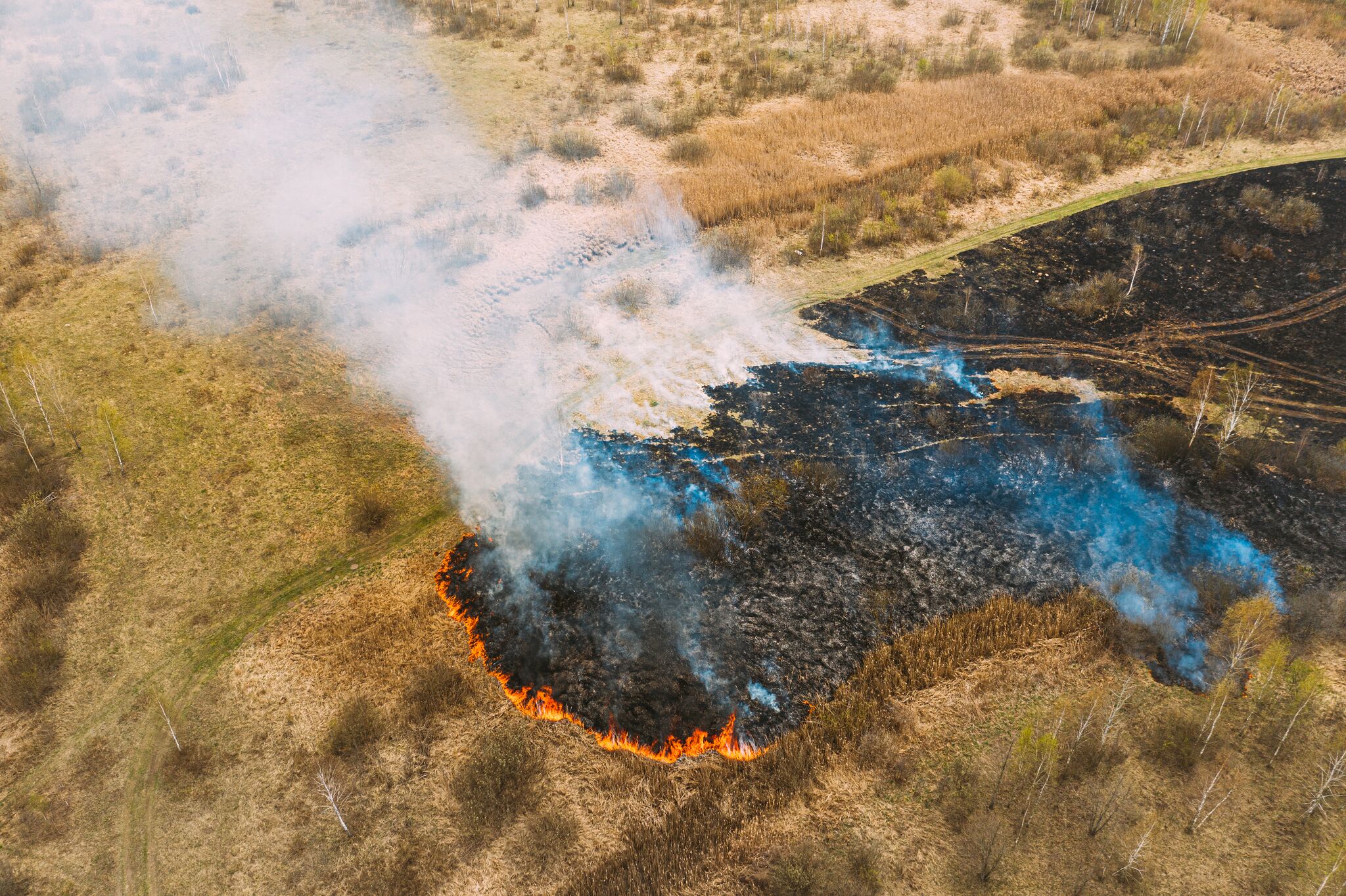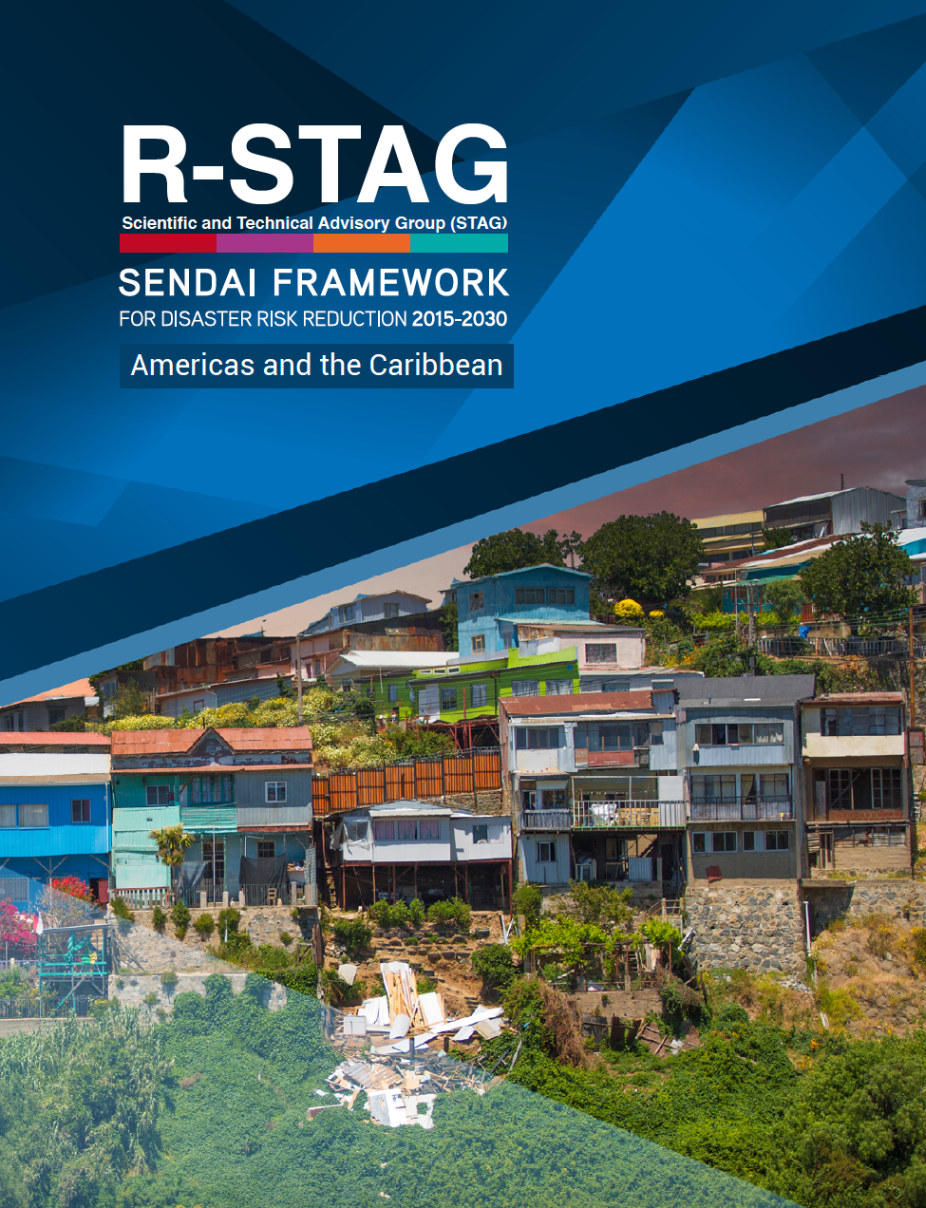R-STAG for the Americas and the Caribbean

The Sendai Framework for Disaster Risk Reduction 2015-2030 identifies science and technology essential to strengthen the construction of evidence-based disaster risk reduction policies.
The need to link science more effectively with decision-making at the regional, national and local levels prompted the creation of a Regional Science and Technology Advisory Group (RSTAG). Its purpose is to promote coherence and build links between science and technology networks in the region, promote the development of research in disaster risk reduction as well as the application of information and scientific knowledge for the design of public policies and the decision making. The RSTAG contributes to improving the resilience of society through a better scientific understanding of disasters, promoting the use of technology and evidence-based decision-making.
RSTAG members:
- Provide guidance on issues related to the implementation of the Sendai Framework
- Are catalysts for innovation to generate new knowledge about climate and disaster risks
- Engage in relevant global and regional processes
- Contribute to the development of capacities by promoting science-based policy spaces
R-STAG infographic
___________
Learn about the R-STAG, its members and its notable achievements.
Featured Publications
______________
RAR: Regional Assessment Report on Disaster Risk Reduction for Latin America and the Caribbean
This first edition of the Regional Assessment Report on Disaster Risk Reduction in Latin America and the Caribbean (RAR 2021) presents the results of thirty years of efforts to reduce the risk of disasters in the region. The RAR 2021 presents us with a unique opportunity to both rethink and implement concrete risk reduction strategies that better meet the challenges of today.
Key recommendations for a strengthened use of science and technology in disaster risk reduction in the Americas and the Caribbean
The publication highlights the significant role of scientific research and the opportunities offered by technology to strengthen the implementation and formulation of sound DRR policies.
Science and Technology for DRR in the context of COVID-19
The Sendai Framework for Disaster Risk Reduction (2015-2030) and the international health regulations (WHO, 2005) classifies biological hazards, such as the SARS-CoV-2 (also known as COVID-19) virus, among the major sources of risks for the 21st century. COVID-19 demonstrated the systemic nature of risk and how disasters are generated and accentuated by underlying factors, such as vulnerabilities and exposure conditions, and are the result of historical processes.
Report of the Regional Science and Technology Advisory Group of the Americas and the Caribbean
Since 2021, the Advisory Group for Science and Technology for the Americas and the Caribbean has been strengthened through the technical collaboration of experts and institutions from the fields of science and academia to develop coherent approaches to the challenges and priorities of the region. The production of research content and the relationship with interest groups illustrate the progress towards science and technology-oriented policies in the Americas and the Caribbean.
A Framework for Global Science
The emerging global risk landscape of a pandemic, dramatic changes to climate and biodiversity, social and financial crises, severe degradation of the environment and ecosystem services, digitalization and hyperconnectivity, inequalities and vulnerabilities pose new challenges for disaster risk reduction (DRR) and climate change adaptation that inherently limit achieving the Sustainable Development Goals (SDGs).

Data for Decision Making Paper
The loss of life and increasing property damage caused by disasters require DRR strategies that incorporate quality and reliable data as an integral part of the decision-making process. Data collection, archiving and analysis are essential to better understand the causes and impacts of disasters and guide decision makers in the development of DRR strategies.

Subgroups of the R-STAG
for the Americas and the Caribbean
______________
RAR 2.0

TECH 4 DRR

Capacity Development

R-STAG Events
______________
In this section you will find previous events led by members of the RSTAG.
Series of Online Dialogues
______________
In this section you will find a series of Online Dialogues carried out by the RSTAG in which they address issues like systemic risk, risk governance and science and policy-making interface.
Upcoming events
___________









